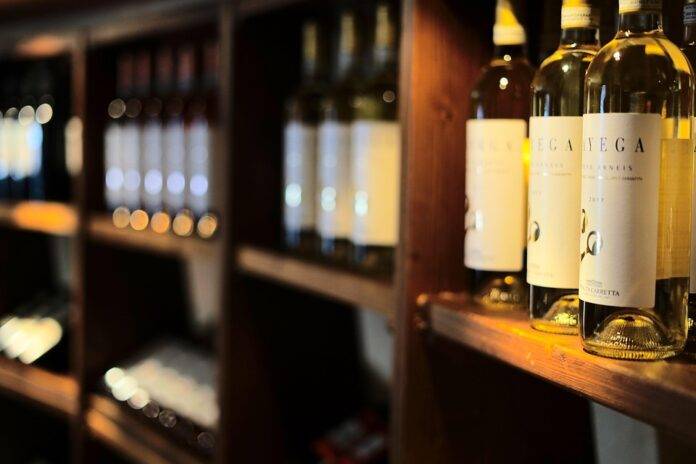The Rise of Organic, Biodynamic, and Natural Wines in Bordeaux
Organic, biodynamic, and natural wines have been gaining popularity in recent years, and Bordeaux, known for its traditional winemaking practices, is also experiencing a shift towards these more sustainable and environmentally friendly methods.
Organic Wine Production in Bordeaux
Organic wine production in Bordeaux has been steadily increasing over the past decade. According to the latest data, over 10% of vineyards in Bordeaux are now certified organic, with more producers transitioning to organic farming methods each year. This shift towards organic practices is driven by consumer demand for wines that are free from synthetic pesticides and chemicals, as well as a growing awareness of the environmental impact of conventional farming.
One of the key factors contributing to the rise of organic wine production in Bordeaux is the region’s favorable climate and soil conditions, which are well-suited for organic farming. Bordeaux’s mild climate and diverse terroir allow for the cultivation of a wide variety of grape varieties using organic methods, resulting in wines that are reflective of their terroir and free from chemical residues.
Biodynamic Winemaking Practices in Bordeaux
In addition to organic farming, biodynamic winemaking practices are also gaining traction in Bordeaux. Biodynamic farming takes organic principles a step further by incorporating holistic and spiritual elements into the winemaking process. This approach emphasizes the interconnectedness of all living organisms and aims to create a self-sustaining ecosystem in the vineyard.
Several prestigious Bordeaux chateaux have embraced biodynamic practices in recent years, with some even achieving biodynamic certification from organizations such as Demeter. Proponents of biodynamic winemaking claim that it results in wines that are more vibrant, expressive, and reflective of their terroir, due to the increased biodiversity and vitality of the vineyard.
The Rise of Natural Wines in Bordeaux
Natural wines, which are made with minimal intervention in the winemaking process, have also found a niche in Bordeaux. While the region is best known for its classic, age-worthy wines, a growing number of producers are experimenting with natural winemaking techniques to create wines that are more expressive of the grape variety and terroir.
Natural wines in Bordeaux often undergo spontaneous fermentation, use minimal or no sulfites, and are bottled without fining or filtration. These wines are characterized by their freshness, purity, and unique flavor profiles, attracting a new generation of wine enthusiasts who value authenticity and transparency in winemaking.
Industry Insights and Financial Data
The rise of organic, biodynamic, and natural wines in Bordeaux has not gone unnoticed by the industry. Several major wine estates in Bordeaux have invested in organic and biodynamic certification, recognizing the importance of sustainable practices in winemaking. Additionally, consumer demand for organic and natural wines continues to grow, driving sales and increasing market share for these types of wines.
Financially, the shift towards organic, biodynamic, and natural wines in Bordeaux has had a positive impact on the region’s economy. While the initial investment in transitioning to organic or biodynamic farming practices can be significant, many producers have seen long-term benefits in terms of improved soil health, reduced input costs, and higher quality grapes. The market for organic and natural wines is also expanding, with consumers willing to pay a premium for wines that are produced sustainably and ethically.
In conclusion, the rise of organic, biodynamic, and natural wines in Bordeaux reflects a broader trend towards sustainability and authenticity in the wine industry. As consumer preferences evolve and environmental concerns become more prominent, Bordeaux producers are adapting to meet the demand for wines that are not only delicious but also produced in a way that respects the land and the community. The future of wine in Bordeaux is undoubtedly moving towards a more sustainable and environmentally friendly path, driven by the growing popularity of organic, biodynamic, and natural wines.


